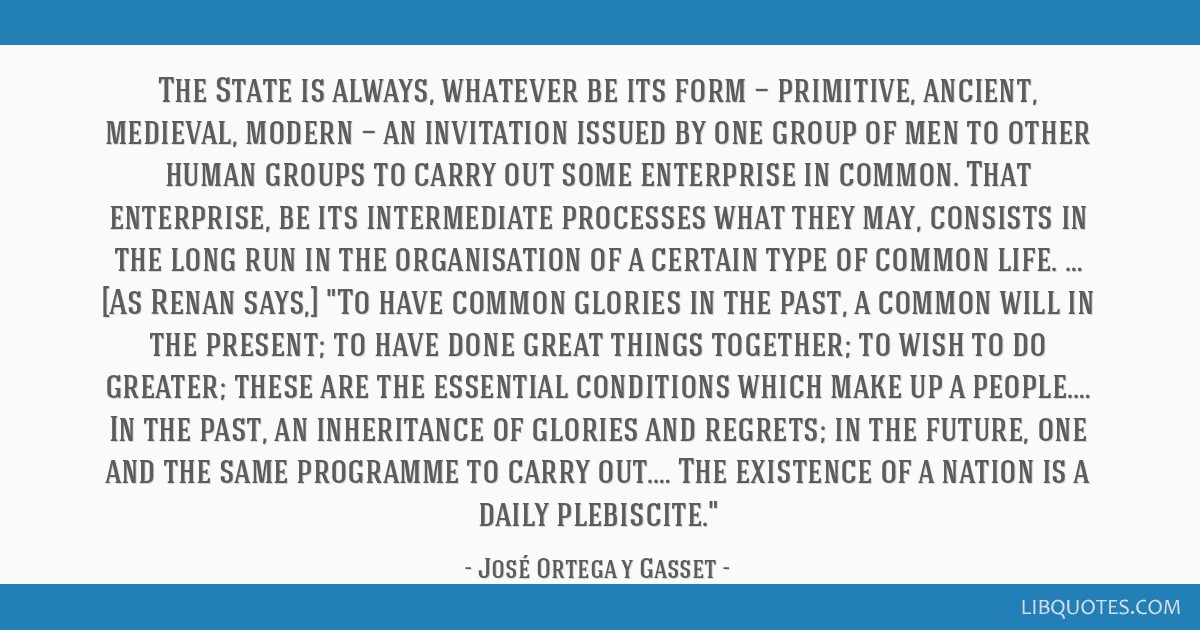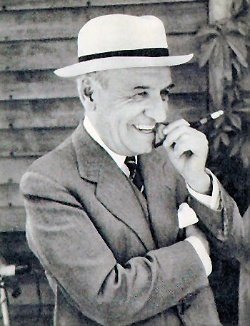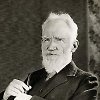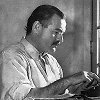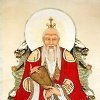The State is always, whatever be its form — primitive, ancient, medieval, modern — an invitation issued by one group of men to other human groups to carry out some enterprise in common. That enterprise, be its intermediate processes what they may, consists in the long run in the organisation of a certain type of common life. … [As Renan says,] "To have common glories in the past, a common will in the present; to have done great things together; to wish to do greater; these are the essential conditions which make up a people.… In the past, an inheritance of glories and regrets; in the future, one and the same programme to carry out.… The existence of a nation is a daily plebiscite."
Chapter XIV: Who Rules The World? - The Revolt of the Masses (1929)
